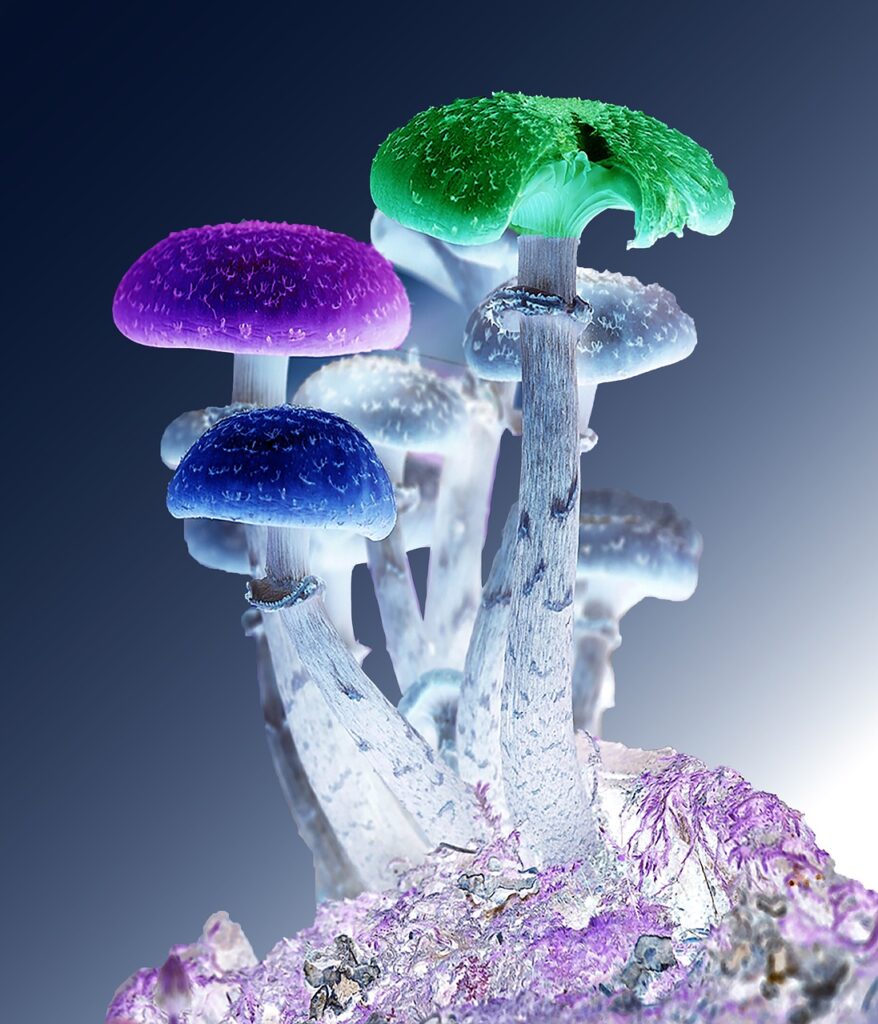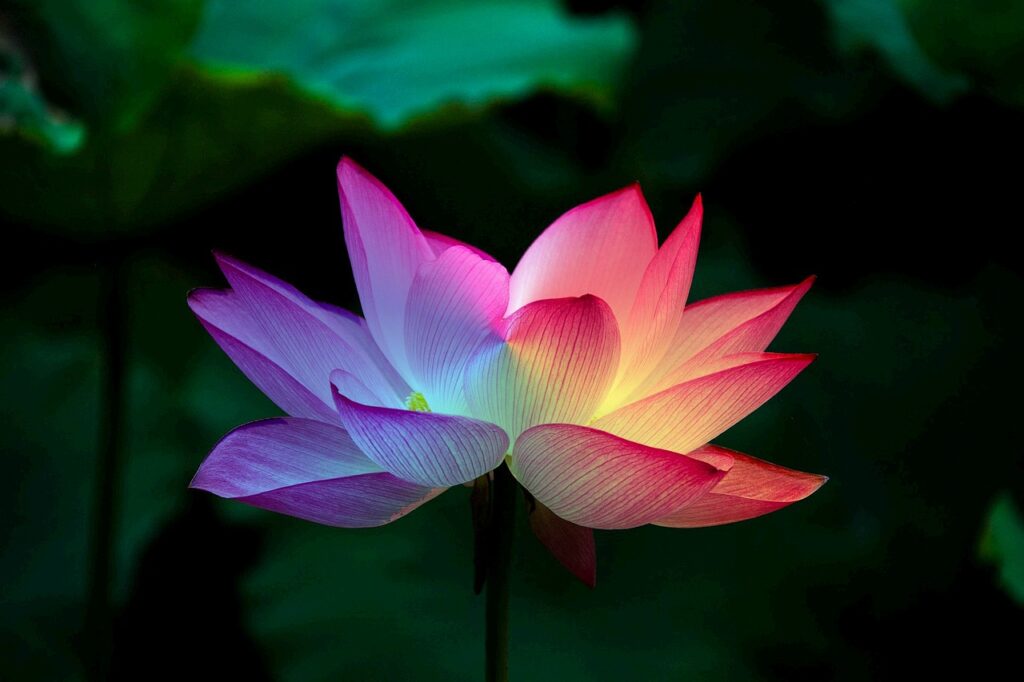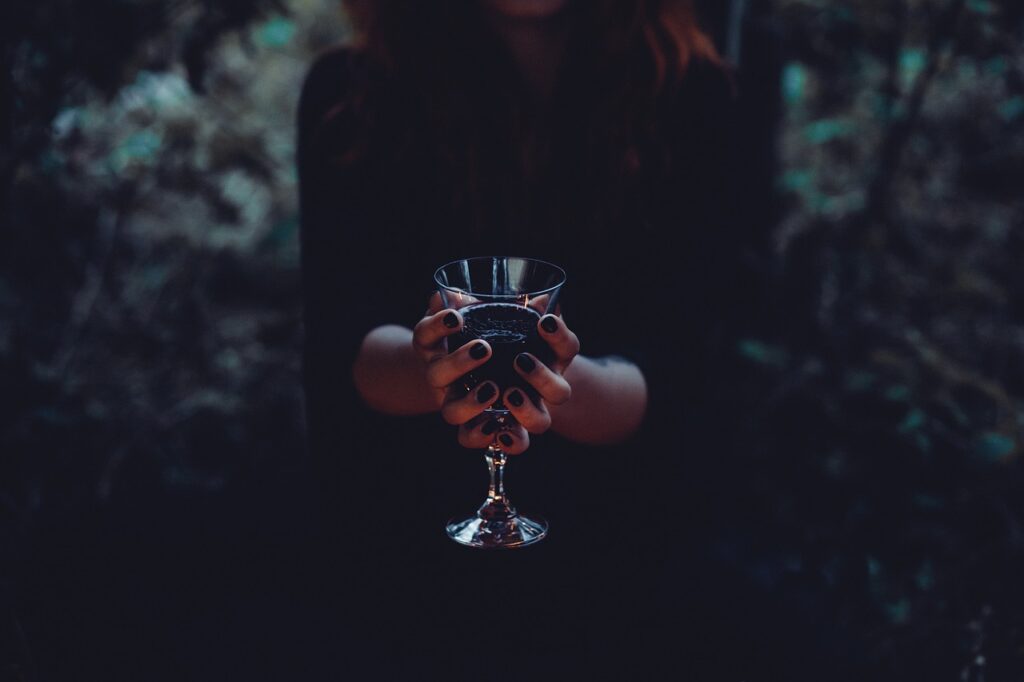Psilocybin, the psychoactive compound found in certain species of mushrooms, has a long and rich history of use in various cultural and spiritual contexts. In recent years, there has been a growing interest in exploring the therapeutic and transformative potential of psilocybin, especially when it is used in a ceremonial setting. This article delves into the profound significance of using psilocybin in such a context, examining its historical roots, potential benefits, and the need for responsible and informed use.
Historical Context
The use of psilocybin-containing mushrooms can be traced back to ancient civilizations, where they were revered for their mystical and healing properties. Indigenous cultures in Central and South America, such as the Aztecs and the Mazatec people, have incorporated psilocybin mushrooms into their religious rituals for generations. These ceremonies often involved shamanic practices, deep introspection, and a strong connection to the natural world.
In the 20th century, researchers like R. Gordon Wasson and Timothy Leary played instrumental roles in introducing psilocybin to the Western world, sparking significant interest in its potential for spiritual and psychological exploration. However, the recreational use of psychedelics led to legal restrictions and a stigma that persisted for decades.
Recent Resurgence
In recent years, there has been a resurgence of interest in psilocybin, driven by promising clinical research and shifting societal attitudes toward psychedelics. Clinical trials have demonstrated the therapeutic potential of psilocybin in treating conditions such as depression, anxiety, PTSD, and substance use disorders. This renewed interest has also led to a reevaluation of the ceremonial use of psilocybin.
Significance of the Ceremonial Setting
- Spiritual and Psychological Exploration:
One of the primary reasons for using psilocybin in a ceremonial setting is its capacity to facilitate profound spiritual and psychological experiences. When consumed in a controlled and intentional environment, individuals may embark on journeys of self-discovery, experiencing a heightened sense of connection with themselves, others, and the universe. This can lead to personal insights, emotional healing, and a profound sense of purpose and meaning in life.
- Therapeutic Potential:
In a ceremonial context, psilocybin can be used as a powerful tool for therapeutic healing. Trained facilitators or shamans often guide participants through the experience, providing support and guidance as needed. This therapeutic approach can help individuals confront and process unresolved trauma, anxieties, and other emotional issues in a safe and nurturing environment. The integration of these experiences into one’s daily life can lead to lasting positive changes in mental and emotional well-being.


- Cultural and Spiritual Traditions:
Using psilocybin in a ceremonial setting pays homage to the rich cultural and spiritual traditions of indigenous peoples who have revered these substances for centuries. It acknowledges the wisdom and knowledge these cultures have accumulated over generations and underscores the importance of preserving and respecting their practices. By participating in psilocybin ceremonies, individuals can bridge cultural divides and gain a deeper appreciation for the profound wisdom these traditions offer.
- Mindful Consumption:
Ceremonial use emphasizes responsible and mindful consumption of psilocybin. Participants are encouraged to set clear intentions, carefully consider dosage, and create a supportive and safe setting for their experience. This approach stands in stark contrast to recreational use, where the potential for harm is higher due to the lack of preparation, guidance, and intentionality.
Conclusion
The ceremonial use of psilocybin holds tremendous significance as a means of promoting personal growth, healing, and spiritual exploration. By embracing this approach, individuals can tap into the therapeutic and transformative potential of psilocybin in a responsible and informed manner. However, it is crucial to emphasize the importance of safety, legality, and cultural respect when engaging in psilocybin ceremonies. As scientific research continues to unravel the mysteries of this ancient compound, its potential to improve mental health and well-being may become more accessible to a broader audience, fostering a deeper understanding of ourselves and the world around us. The resurgence of interest in psilocybin, within the context of ceremonial use, has the potential to positively shape the future of mental health treatment and personal growth for many individuals.

